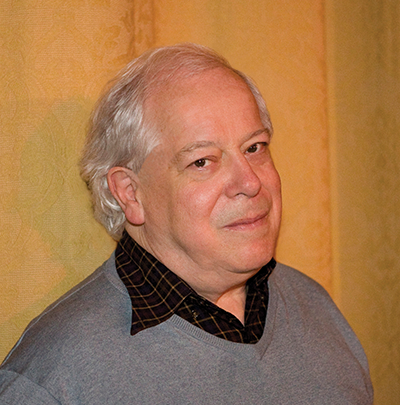 MM. What makes Television: A Biography a special project for you?
MM. What makes Television: A Biography a special project for you?
DT: I have been, for decades, a person who wrote about film, taught film and so on and so forth. But movies today are viewed rather more of the way theater was when movies first came in: a valued art, but not the central, dominant art. For a long time now, television has taken over that dominant role. I felt I needed to sort of catch up and study television, think about it more seriously, read about it, look at a lot of old television that I remembered but hadn’t seen for a long time, and try to do a book that was a history — a survey at least — of what’s happened in television, and try to get to grips with what this has done to us as a culture.
MM: Do you think — with the amount of Hollywood actors lining up to do TV and the ever-increasing audiences — that the medium has stepped up its game?
DT: Once upon a time, movie actors did not like to do television. They thought that it was demeaning. Now, it’s the opposite. People in movies are really anxious to work in television, because that’s where the audience is and that’s where the most interesting and varied material is being done. I would say that in the last six months or so, though I still see a lot of movies, the two most impressive things that I have seen are the HBO series The Night Of and the ESPN documentary (not the dramatization) O.J.: Made in America.
MM: When it comes to film versus television, what do you think is the main difference?
DT: There are enormous differences. Let me just pick on one. The movies are about concentration and attention. You go into the dark. You are monopolized by the circumstances and by a big screen. Television is a medium that is made for doing several different things at the same time. Now, I don’t mean to say that there aren’t things on television that we do concentrate on, but it is in the nature of the medium that concentration is not required, so that concentration and attention become different things.


